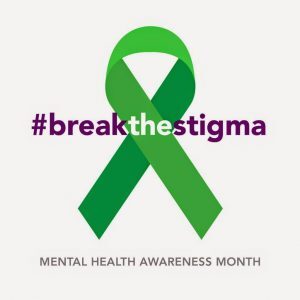In their Digital Inclusion Coalition Guidebook, the National Digital Inclusion Alliance has defined a coalition in the following way:
- “Is a collective organization of organizations (e.g., local governments, libraries, educational institutions, housing authorities, community technology training and network providers, other social service and civic organizations, etc.).
- Operating in the public realm, with a reasonable degree of transparency about its activities, governance and finances.
- Function within a collaborative structure (formal or informal), that may include process for decision making, leadership responsibilities, rights and obligations of members, regular meetings, and open process for joining.”
If you work at a library and have been (or would like to be) involved with a coalition working to advance digital equity, please consider sharing your experiences in this 5-10 minute survey below about your library’s experience.
Findings from the study will be shared back with you (if you choose to include your name and email address), as well as in my book on Digital Equity Ecosystems for the University of California Press. Thank you!


